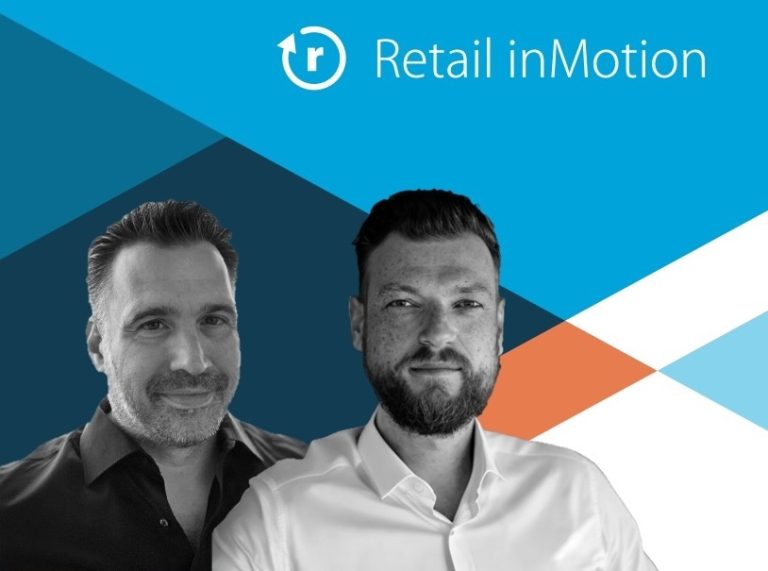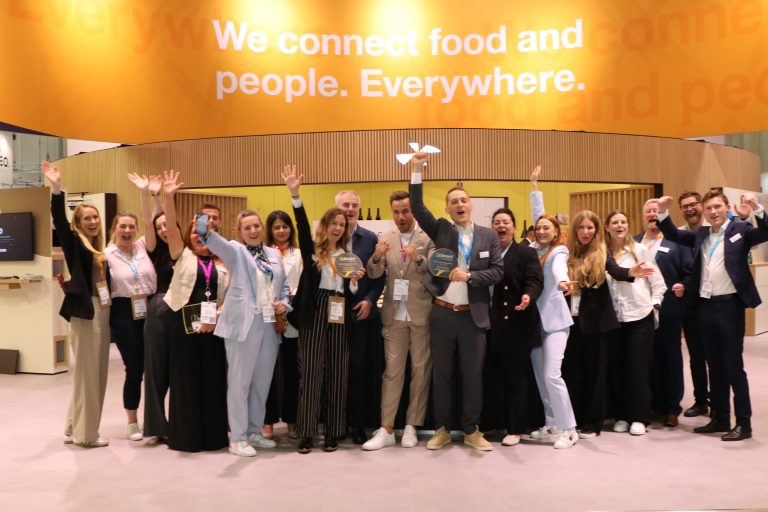SWISS’ premium catering concept, developed in collaboration with Retail inMotion, is now available to Economy Class passengers on most European short- and medium-haul flights from/to Zurich and Geneva. Starting today, passengers will be able to purchase fresh, regional, high quality and sustainably packaged food and beverage products as part of SWISS Saveurs, a unique program that gives travellers the opportunity to upgrade their inflight experience by purchasing premium items.
We talked to Manuel Hübschmann, Retail Director at Retail inMotion about the concept behind the culinary offer, the implications of implementing a project virtually due to pandemic-induced constraints, the processes, strengths, and more.
What are the characteristics that make a premium catering concept successful?
Manuel Hübschmann: There are three pillars of success:
- Freshness, quality and choice. Through SWISS Saveurs, Economy Class passengers have the opportunity to upgrade their inflight experience by purchasing fresh, high quality products.
- Brand experience. Bringing Switzerland’s most beloved brands on board adds to the overall passenger experience. The products that passengers enjoy on board have a heritage as part of their corporate brand identity, which means travellers have the chance to experience the goods and the story behind them.
- A sense of hospitality. Delivering a great passenger experience is not only about the food and beverage products but very much about the exceptional service the crew provides.
The combination of these three aspects is what makes SWISS Saveurs successful.
What quality standards were followed when developing the catering concept?
Manuel Hübschmann: In the initial stage, we considered multiple brand partners. We tasted the products, we observed their brand experience, and we explored their Swissness in order to identify the right partner for this program.
What are some of the products that are synonymous with the SWISS character?
Manuel Hübschmann: I couldn’t possibly choose – all the products have been carefully selected. The common denominators are high quality, brand awareness, popularity and, above all, Swissness.
What I would like to mention is that we also work with several start-ups, which do not have a historical factor but they represent Switzerland in another way: through innovation.
Premium does not mean expensive – it’s the combination of the three pillars I mentioned earlier, namely freshness, quality and choice, brand experience and a sense of hospitality.
What role does sustainability play in the development of SWISS Saveurs?
Manuel Hübschmann: Sustainability has always been front and centre for both Retail inMotion and SWISS; most fresh products available on board are packaged in PaperWise material, which is made from agricultural waste using only renewable energy and is entirely carbon-neutral.
Minimising food waste is also very important. In fact, last year, Retail inMotion and SWISS received an Onboard Hospitality Award in the “Best for Sustainability Onboard” category with the Advanced Loading Planner System (ALPS), which processes thousands of consumption and missed consumption data to predict future consumption and fight onboard waste. Learn more about this program here.
What are the strengths of SWISS Saveurs?
Manuel Hübschmann: I would argue that the premium aspect is the most important factor. You have to understand that premium does not mean expensive – it’s the combination of the three pillars I mentioned earlier, namely freshness, quality and choice, brand experience and a sense of hospitality.
Another important strength is the fact that Retail inMotion and SWISS are true partners working toward the same goal.
Due to the implications of the COVID-19 pandemic, the retail concept was implemented completely virtually. What were the benefits, challenges, and lessons learned?
Manuel Hübschmann: The way I see it, not being able to taste as many products as before is one of the biggest challenges. Food tasting happens less frequently and everything else is done virtually. The pandemic has changed the implementation experience but we’ve made it work.
Another challenge would be the time it takes for different teams to trust each other. Trust plays an essential role in the success of a program and when teams that don’t know each other have to work together, it takes time and effort to get there. However, having access to various communication platforms has helped us break down barriers between teams.
At the same time, the fact that we only have virtual meetings now has made it easier for people to (e-)meet. In a pre-COVID-19 world, it was difficult to get people together but now that most of us are working from home, it’s easier to schedule meetings.
Finally, the fact that we have a team in Switzerland has made the implementation smoother, even when considering the current limitations.
Having successfully completed such a complex project virtually, what does this mean for future projects?
Manuel Hübschmann: First, we will continue to work virtually – not all the time but if the way we handled the current situation is any indication, we can continue on this path. Although we will certainly meet more in person as the pandemic dies down, we will meet less than before, having realised that virtual meetings are very efficient.
This will not be the case for tastings or other important matters, of course, but the fact that we have been able to have efficient remote meetings during the pandemic will position us for success in the post-COVID-19 world.









